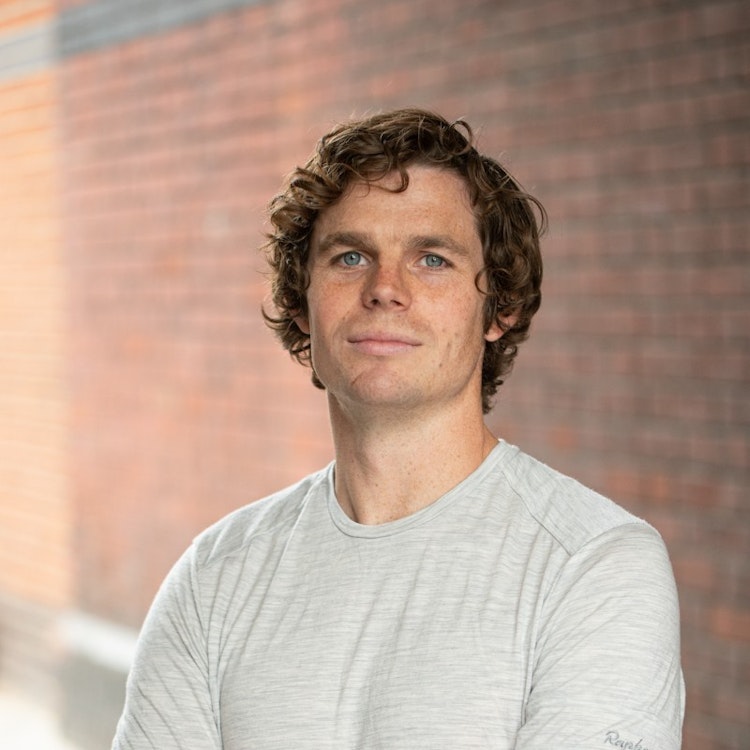Accelerators are hugely beneficial to founders for networking, mentoring and fundraising — and for their organisers (often corporates) to spot new opportunities, innovation and partners. And the ecosystem has realised: there are more than 900 Europe-based startup accelerators — and more than 3,000 across the globe.
But with numbers rising, how can accelerators stand out?
We asked Rob Chapman, cofounder of Founders Intelligence, now part of Accenture, a consultancy that helps corporates find, partner with and invest in high-growth startups, and Benjamin Lickfett, global head of digital innovation at Diageo, a global alcoholic beverage manufacturer that’s launching the Fusion Partnership Lab, a new global programme for growth-stage startups, how to build successful accelerator programmes. What to strive for and what to avoid at all costs.
1/ A crystal clear strategy attracts the best founders
Looking at startup schools like Silicon Valley’s Y Combinator (YC) propelling Airbnb and Stripe to scaleup success, it can be easy to think the accelerator model is foolproof. Yet, according to findings from CB Insights, corporate accelerators (accelerators managed by an established company) struggle to produce meaningful results for startups, with a 60% failure rate within two years.
The best startups in the world look for the fastest way to get large commercial deals done. They tend to be less interested in advice and community
For Chapman, a successful corporate accelerator starts with a clear strategy for what sort of deals need to come out of the programme. “The best startups in the world look for the fastest way to get large commercial deals done. They tend to be less interested in advice and community.
“So a corporate looking to attract them onto a programme needs to design the most efficient mechanism to test out the deals with participants, and get finance to unlock a significant budget for these things to be scaled up.”
Chapman adds that the duration and design of the accelerator should match those deal outcomes so everyone involved sees it as the most efficient way to test working together.
“It depends on what the accelerator is trying to do,” he says. “Some of the ones we've run have been pretty short and punchy because you quickly know if a deal is viable, so those can be as short as eight weeks. But if they are actually co-developing products, that would take longer.”
2/ Focus on a specific end goal
To get the right participants, experts and outcomes, Chapman says accelerators must have a clear objective that they want to achieve within a specific focus area.
The more mission-specific the programme is and the clearer it is on the outcomes it wants, the better
For example, he says that The LEGO Foundation focused its accelerator programme on better supporting neurodivergent children, “which gave them the clarity to say, ‘we want startups that will have a product either in targeting that specific audience or targeting a general audience but want to apply it into ADHD and autism’”.
Another example is Fusion by Diageo, a programme designed to identify leading innovative startups to develop digital products which can help realise Diageo’s ambition to shape the future of celebration. The first edition will hone in on consumer solutions that can elevate at-home celebrations — a key strategic priority for Diageo.
“The more mission-specific the programme is and the clearer it is on the outcomes it wants, the better,” says Chapman.
He adds that the best startups often don’t go through accelerators and hence, corporates should be proactive and reach out to those startups and startup networks they see potential in to get the best cohort, while also leaving it open with ads and marketing.
This, he says, is key to being inclusive and actively supporting underrepresented founders who may be less visible to proactive outreach.
3/ Decide on the level of corporate involvement
Lickfett says that for a corporate accelerator to succeed, it needs clear mechanisms to scale ongoing partnerships.
For example, he says the Fusion Partnership Lab will leverage three major support mechanisms: expert mentors from Diageo to provide startups with the knowledge and industry expertise needed to craft bespoke solutions; support from a range of senior sponsors across the business to scale the selected solutions effectively; and for selected participants at the end of the programme, the power of Diageo’s brands, relationships and vast customer base to “help unlock major growth”.
Chapman emphasises that the programme must be designed to make it easy for the key corporate employees to engage as deeply as possible with the programme and the startups participating.
“The reason a founder will go into a corporate accelerator is to get a deal done,” he says. “Together, you’re going to work out what a great deal looks like — and that needs the corporate to be super engaged and super active, and that’s where the value comes from.”
4/ Partner up to build the programme
While there are many ways of building accelerator programmes within a corporate, outsourcing to a third party that specialises in accelerators is also an effective option.
The biggest advantage of delivering the startup programme with a third party is the access to specialists who have a deep understanding of the space
“Running accelerators is a specialist bit of knowledge,” says Chapman. “If you’re running three cohorts a year or more, then you can probably employ someone to do it. Otherwise, using an external partner, like us, gives you people who have been building accelerators all day, every day and have connections with the VC and startup ecosystem that most of the corporates will not.”
He adds that a third party can also help keep everyone honest: “We’re not neutral, because we’re paid by our corporate clients, but we’re as close as you’re gonna get.”
Lickfett, who designed Fusion by Diageo in collaboration with Founders Intelligence, agrees: “The biggest advantage of delivering the startup programme with a third party is the access to specialists who have a deep understanding of the space and experience in these types of programmes, rather than reinventing the wheel internally.”
He adds that this helps the corporate organiser focus on what they do best, which is leveraging industry expertise to create the programme that will work most effectively in their company — and creating the conditions and the momentum to make it happen.
5/ Avoid overpromising and under-preparing
Lickfett says that a bad accelerator is one that just looks like innovation theatre.
“Accelerators get a bad reputation when they struggle to produce outputs that reflect the time, effort and money put in by the sponsors and startups,” he says. “That can wind up looking like a marketing exercise.”
I’ve seen accelerators taking a lot more equity than the return they’re giving, and actually making it harder for a company to raise successfully
Chapman says bad accelerators range from “generic accelerators without a clear focus and outcome” to those that demand equity that doesn’t match the outcome for the startup.
“I've seen accelerators taking a lot more equity than the return they’re giving, and actually making it harder for a company to raise successfully,” he says.
To avoid this, corporates need to work hard on unlocking the resources they need from the parent company, well ahead of the start date of the programme — preferably months.
“Spend time with HR, with legal, with financial — all the people who’ve got to be involved to make these things work — so that when a founder hits the programme, they see something that’s been thought through and of high quality,” Chapman says. “They get the engagement they’ve been promised at the beginning and it actually helps them do a deal with the corporate.”
Fusion by Diageo is looking for innovative growth-stage technology companies to develop digital consumer concepts which go ‘beyond the bottle’. The programme runs for 13 weeks and is equity-free. The first edition ‘Celebrate at Home’ commences in January 2024 and is now open for applications. Visit the website to learn more and apply by 24 November.




